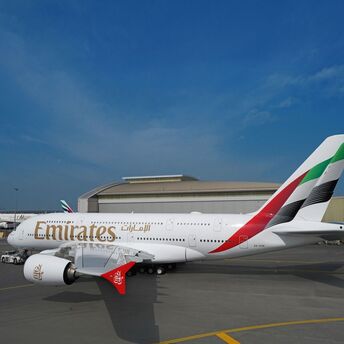Things parents need to know before letting their child fly unaccompanied
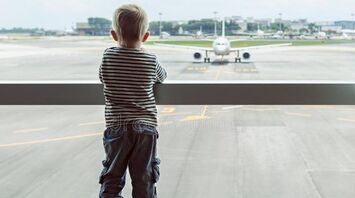
For the most part, children fly with their parents. But sometimes unforeseen situations happen when parents cannot accompany their children. Don't panic - many airlines allow unaccompanied minors to fly. However, the permissible age and rules differ from airline to airline.
Therefore, before sending your child on an independent trip, you should prepare both the child and the parents. Conde Nast Traveler shares tips on how to take care of your child and ensure a comfortable flight even if you are not with them.
Check the airline's rules for flying unaccompanied minors
Each airline has its own established rules for children flying alone, and they must be specified in the contract. Some carriers offer unaccompanied minors, usually for children aged 5 to 14. Prices also vary. You should familiarize yourself with this before buying tickets.
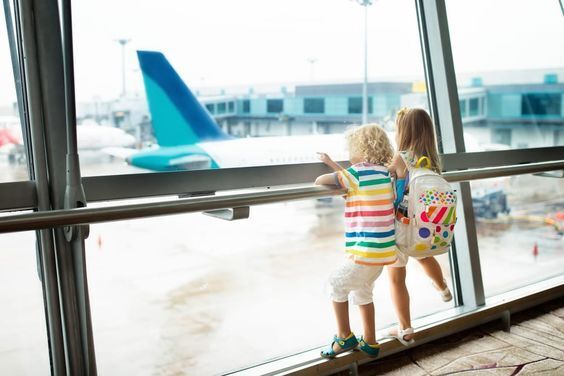
On most domestic flights, parents or guardians are provided with a gate pass to stay with their child until departure, as well as one that allows them to be picked up at the airport. Gate agents will guide children through the airport, and flight attendants will check on them throughout the flight. Some airlines also have backup plans in case something goes wrong. United, for example, has juvenile rooms in all of its major hubs that are used as a safe place for children if their parents do not arrive on time or if the flight is delayed or canceled.
Tell your child everything about the flight in detail
From the moment you start traveling with your child, involve them in every possible process. For example, let them do something with the luggage. Also, start your own rituals, such as having a snack before the airport.
Yvonne Montoya, who runs the family travel blog MPA Project Travels, says it's important to fly with children first to familiarize them with the basics, such as knowing when they can get up to use the restroom and how to put their devices on airplane mode.
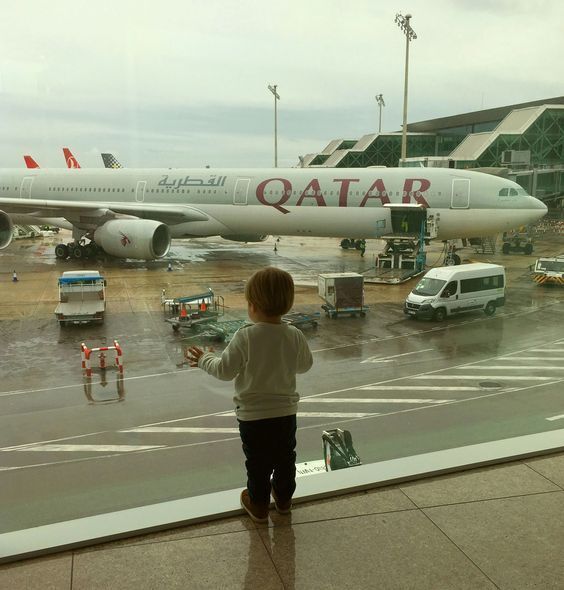
Buy direct flights without transfers
Delays and cancellations can be avoided if you choose your flights wisely. This means choosing flights earlier in the day (providing additional options if something goes wrong) and using direct routes.
Experts note that one should book tickets with large airlines, as they have more daily flight options to choose from if they still need to make a connection.
Keep important documents in a safe place
To begin with, you need to figure out what documents you need for your trip so that you don't have any problems. Airlines usually give a lanyard for your child to wear their boarding pass and other important documents around their neck to make sure everything is close.
In particular, United advises parents to write down all contact information that minors may need during the trip, including the phone number of the adult who will pick them up and meet them at their destination. The agent will check the accuracy of the information provided and give the child a special identification bracelet and an envelope for documents.
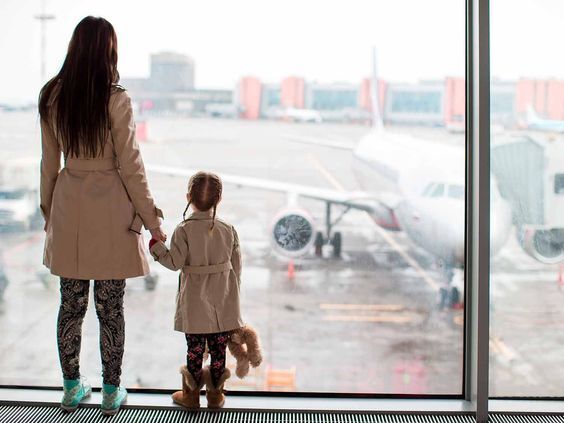
Pack the essentials in a backpack
Think ahead to what things your child might need at the airport and during the flight. Put them in a backpack so they are always at hand. The main things are snacks and drinking water, a phone, and a charger for it.
If the child has a favorite toy, you can also take it. This will provide him with mental comfort and peace of mind. And, of course, a jacket or any warm clothes, because it can be cold on the plane, as well as a bank card.
Checked baggage instead of hand luggage
Carrying luggage can be hard for a child, so save them the trouble. If a guardian is with the child, they will help with it. Using a backpack as a child's personal item can make the flight easier. This way, children can easily place important things under the seat and walk around the airport with their hands free.
Consider the extra time
One of the biggest mistakes parents make when sending their child on a plane alone is not allowing extra time. United recommends arriving at the airport 30 minutes earlier than usual, as unaccompanied minors must check in at the ticket counter. Also, consider unforeseen circumstances that may arise.
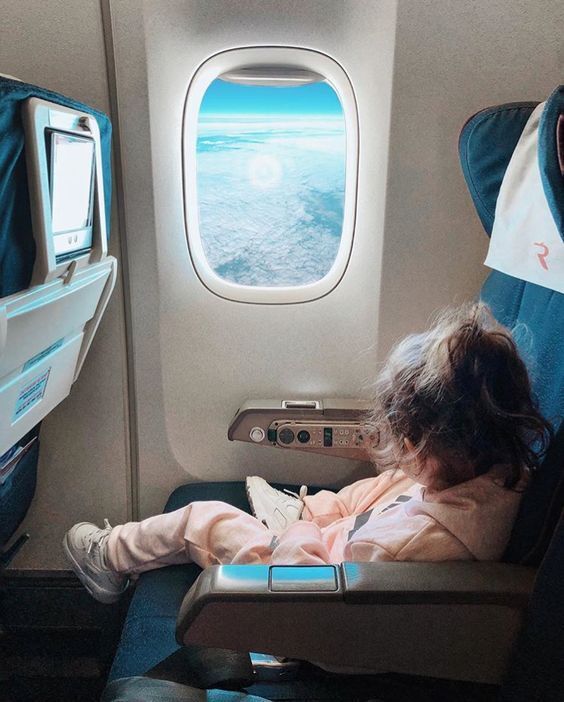
Keep an eye on your child virtually
Stay in touch with your child online, especially since technology now allows you to do so. You can talk via video or phone. In addition, you can put an AirTag in a backpack and keep track of your child's location.
Encourage your child to speak up and say what's wrong
Flight attendants need to keep an eye on the child throughout the flight, and children should also feel empowered to speak up if they need something. Make sure your children know how to advocate for themselves. For example, they can ask other passengers to stand up if they need to use the restroom, or ask the agent accompanying them during a layover if they can stop to eat if they are hungry and have time.


















